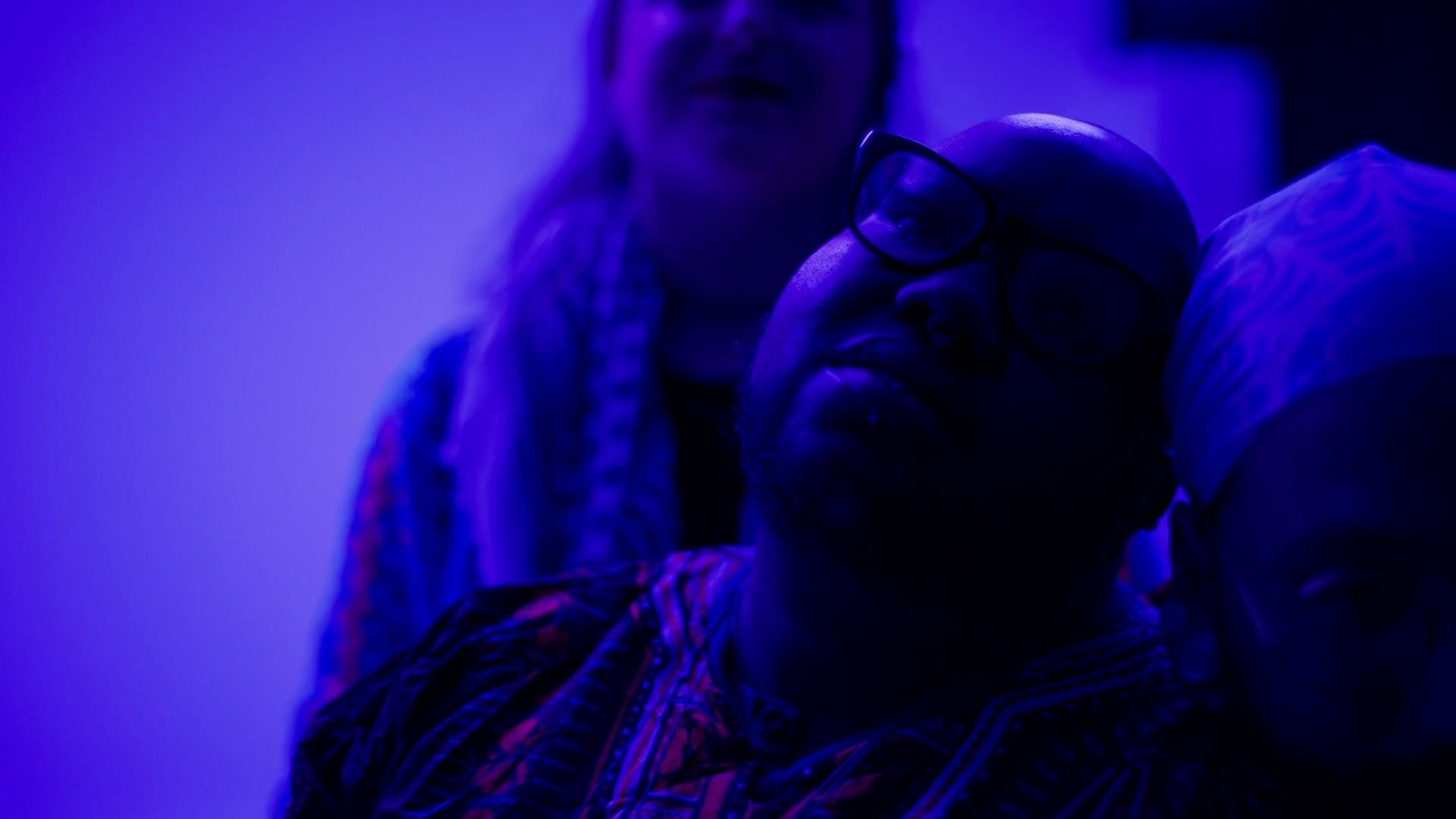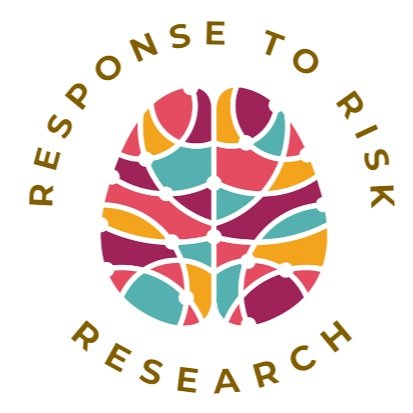
A FILM BY JOHN OLUWOLE ADEKOJE & MIRANDA ADEKOJE
BREAKING THE SILENCE
PRODUCED BY JAGUN FLY PRODUCTIONS
OFFICIAL TRAILER:
WHY IS IT IMPORTANT TO BREAK THE SILENCE?
What is Psychosis?
Psychosis is seeing, hearing, experiencing, or believing something that the rest of your society or cultural context does not acknowledge as real. Psychosis is more common than people realize. About 15% of people will experience psychosis-like symptoms at some point in their lives, and about 3% will experience a mental health condition involving psychosis. This is ten times more common than type 1 diabetes. Early access to treatment helps improve outcomes for individuals experiencing psychosis.
Barriers to Early Treatment
Most people who experience psychosis go without treatment for a long time before getting help. There are significant barriers, including stigma, lack of understanding, and limited access to services. Individuals with marginalized identities are more likely to face discrimination and criminalization instead of receiving proper care. Family, peer, and community support networks are crucial in providing emotional, practical, and advocacy support, which can significantly enhance well-being and recovery.
Socioeconomic Stress
Socioeconomic stress, discrimination, and a lack of cultural competency among mental health professionals further exacerbate these issues, prompting ongoing advocacy for systemic reform.
Racial and Cultural Disparities
Black people are misdiagnosed with schizophrenia more than twice as often as White people. This troubling trend is explored in the book "The Protest Psychosis: How Schizophrenia Became a Black Disease" by Jonathan Metzl, which details how schizophrenia was redefined in the 1960s and 1970s to label Black civil rights activists as psychotic. This practice, rooted in systemic racism, led to inappropriate treatment and care, exacerbating the stigmatization and criminalization of Black patients.
Check out some of these educational books + articles to learn more:
-

The Protest Psychosis: How Schizophrenia Became a Black Disease
By Jonathan M. Metzl
Psychiatrist Jonathan Metzl tells the shocking story of how schizophrenia became the diagnostic term overwhelmingly applied to African American protesters at Ionia—for political reasons as well as clinical ones.
-

Discrimination + Racial Disparities in Health: Evidence and Needed Research
From the Journal of Behavioral Medicine
Link: https://www.ncbi.nlm.nih.gov/pmc/articles/PMC2821669/
-

The Use of Informal + Formal Help: Four patterns of illness behavior in the Black Community.
From the American Journal of Community Psychology
Link: https://pubmed.ncbi.nlm.nih.gov/6524587/
-

Use of Inpatient Mental Health Services by Members of Ethnic Minority Groups
From the American Psychologist
Link: https://psycnet.apa.org/record/1990-18179-001
-

Disparities in Mental Health Services Use Among Racial/Ethnic Minority Populations in the United States
From Health Services Research
Link: https://www.ncbi.nlm.nih.gov/pmc/articles/PMC3545089/
-

Racial Disparities in Psychotic Disorder Diagnosis: A Review of Empirical Literature
From World J Psychiatry
Link: https://pubmed.ncbi.nlm.nih.gov/25540728/
LEARN MORE ABOUT OUR CAST:

PREMIERES JULY 9TH 2024
At Northeastern University’s John D. O’Bryant African American Institute
Schedule a screening
Are you interested in showing BREAKING THE SILENCE?
Fill out the form to the right and we will be in touch!






